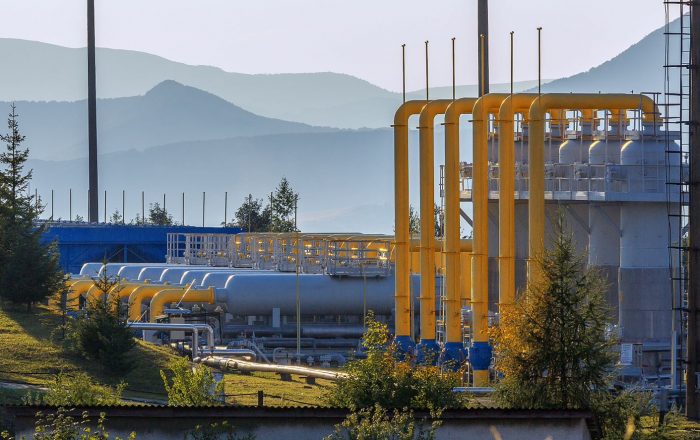Today, Germany’s Federal Network Agency (BNetzA) granted our 20th October request to intervene in the Nord Stream 2 AG (NS2AG) certification procedure.
When announcing its decision, BNetzA stated, “The petitioner is a network operator and therefore has a special understanding of the effects that different uses of the various transit routes from Russia may have.”
“At GTSOU, we continue to resolutely object to any gas pipeline project that threatens our country’s national security, seeks to sidestep EU law, or weakens Europe’s energy architecture. The Ukrainian people are the GTSOU’s ultimate shareholders, and it is our duty to defend our country’s interests. When we learned that Nord Stream 2 AG had applied for certification as an independent gas transmission operator, we could not stand idly by, and we knew that it was our responsibility to intervene in this process with BNetzA, to state our earnest objections, and to present our legal arguments” – said Sergiy Makogon, Director General of GTSOU.
European competition and energy law explicitly prohibits energy suppliers from controlling transit routes. This is why NS2AG – an entity wholly owned by Gazprom – cannot and must not be certified as an independent operator. Furthermore:
- Certification of NS2AG will weaken European energy security because it will compel the GTSOU to downsize and reconfigure our resilient system, which has significant spare capacity and consists of several separate but interlinked pipelines, effectively terminating Ukraine’s role as a transit route from Russia to Europe. Together with the existing Nord Stream pipeline, the Nord Stream 2 will serve to concentrate gas transportation between Russia and Europe into a single sub-sea corridor with no spare capacity. This is inherently riskier than several, independent, overland and submarine routes with sufficient additional capacities.
- Certification of NS2AG will undermine the rule of law in Europe. NS2AG’s owner Gazprom has a long history of cutting and restricting supplies to Europe and Ukraine for political reasons. Certification will only allow Gazprom to more easily use gas supplies as a political tool against Germany and Europe. Nord Stream 2 distorts competition with other transit routes, particularly the Ukrainian GTS and the Yamal pipeline through Poland. It denies other suppliers, notably from Central Asia, access to the gas transmission network to reach the EU, and thus undercuts the EU’s efforts to diversify its energy imports and foster competition in the energy sector.
- Nord Stream 2 is commercially unjustifiable, serves to reinforce Gazprom’s dominance in European gas markets and is an integrated part of Russia’s aggression against Ukraine. Nord Stream 2 will not bring additional gas to Europe. The Ukrainian gas transmission system has an annual capacity of 146 billion cubic meters and is in good technical condition. Based on 2021 bookings to date, Gazprom will only use approximately 40 billion cubic meters of that capacity this year, leaving spare capacity of more than 100 billion cubic meters, or almost twice the planned capacity of Nord Stream 2. Despite this available capacity, record gas production in the Russian Federation in summer 2021 and the recent surge in European gas prices, Gazprom and Russia have recently indicated that additional gas only will flow to Europe through Nord Stream 2.
President Zelensky correctly called this project a “dangerous weapon,” and Foreign Minister Kuleba recently described developments in the European gas market as follows: “What we see is that Russia is already using gas as a weapon.”
When BNetzA announced its decision to allow GTSOU to intervene in the NS2AG certification process, Olga Bielkova, Director of Corporate Affairs, acknowledged that “GTSOU has a direct stake in the Nord Stream 2 AG certification process. This is what motivated us to apply in the first place. And it is encouraging that this has now been duly recognized by the Bundesnetzagentur.” She went on to add: “we expect the process to take several months. And what I can promise with confidence is that GTSOU will resolutely defend Ukraine’s interests within this legal process.”
